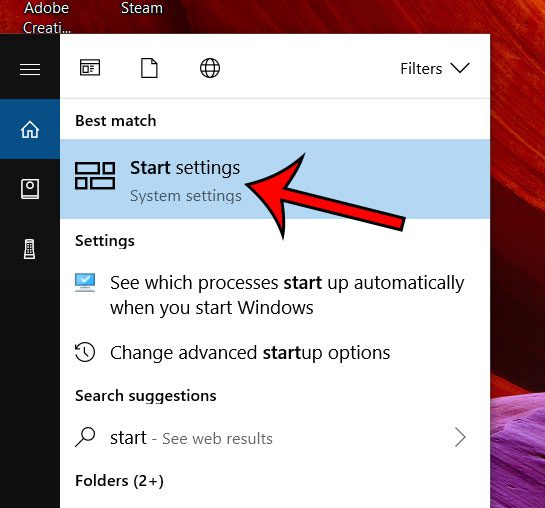

They can’t infect computers with viruses or other malware. Since the data in cookies doesn’t change, cookies themselves aren’t harmful. So, to improve your privacy, it is best to delete them regularly.Ī cybersecurity firm, Kaspersky, said that cookies are generally safe but can be dangerous if hijacked by cyber fraudsters. The new GDPR states that cookies must be treated as personal data because they can be used to identify an individual through their IP addresses.Ĭookies remember the sites you visit and the purchases you make and advertisers as well as hackers can use this information to their advantage. Cookies have been causing concerns around privacy for a few years now but the new General Data Protection Regulation has changed how they can be used. Usually when visiting a website, there will be a popup asking you to accept all cookies or select your preferred cookies.

Cookies or browser cookies which are small files designed to hold data specific to a particular client and website, are continuously being added to one’s device while browsing. In every device, when you check your browser’s settings there are usually advanced options to guide you in not only deleting the history but other extensions and cookies that could provide access to your personal data if breached.Īccording to an IT support firm, Systems IT, cookies build up alongside browsing history, causing computers to slow down. Surprisingly, internet users have been deleting their browsing history wrongly. You can ensure your confidential data and activity won’t be traced by anyone if you clear your browsing log after using your computer. Clearing your browsing history is not just something to do for fun but it is one way to protect your privacy and prevent tracking and data access from cyberattacks.


 0 kommentar(er)
0 kommentar(er)
